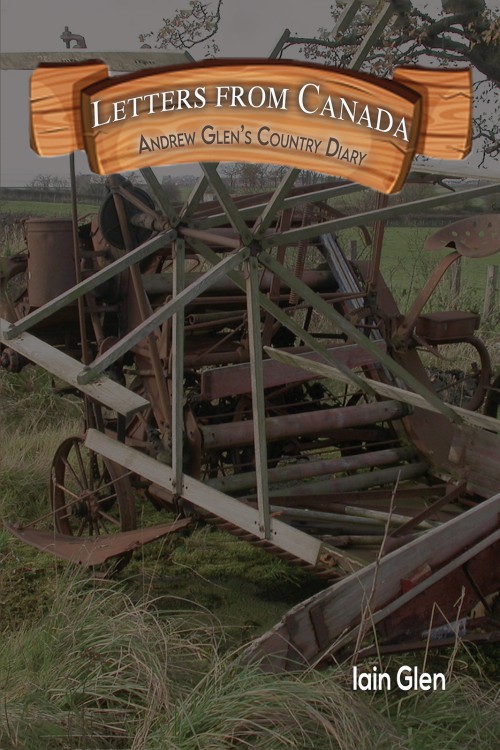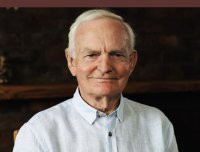
By: Iain Glen
*Available directly from our distributors, click the Available On tab below

Iain Glen was brought up on a farm on the Isle of Arran in Scotland looking across to the Mull of Kintyre. Iain attended Glasgow University where he studied veterinary medicine and graduated in 1963. He wished to continue in the academic environment and after a year with a Glasgow team in Kenya. He returned as a house-surgeon at Glasgow University Veterinary Hospital. Iain Glen was keen to remain in the University environment and took up a new position doing clinical work and research in veterinary anaesthesia. He was one of the first to obtain a recently established Diploma in Veterinary Anaesthesia. Over the next few years, as well as providing an anaesthetic service for surgical procedures conducted in the surgery department, he began to study the clinical utility in animals of new anaesthetic agents being evaluated or already used in human patients.
This interest in potential new agents encouraged him to respond to an advertisement for a medical or veterinary anaesthetist to join a team of chemists at ICI Pharmaceuticals Division searching for new anaesthetic agents. He joined ICI Pharmaceuticals in 1972 and led a small team of biologists evaluating, in laboratory animals, compounds submitted by project team chemists. Compounds submitted for their tests were either new compounds synthesised by the chemists in their team or selected by them from compounds in ICI compound collections prepared for other possible uses. One of the latter compounds, 2,6-diethylphenol was found to have anaesthetic activity in mice and led to the synthesis and evaluation of related compounds. This led to the selection of 2,6-diisopropylphenol as a candidate for further development, and this agent, now called propofol, formulated in a lipid emulsion, has become a very successful agent, and is now widely used, particularly for day-case procedures, as it allows rapid and clear-headed recovery.
In 2000, he retired from AstraZeneca (ICI Pharmaceuticals Division had been renamed Zeneca and merged with the Swedish company, Astra) and set up Glen Pharma, an independent consultancy providing advice on the development of potential anaesthetic drugs and equipment. At this time, he was closely involved in the development of a system (‘Diprifusor’ target-controlled infusion, TCI), for the administration of propofol by a microprocessor-controlled infusion pump.
He retired in 2010 and in 2018 was pleased to be awarded the Lasker-DeBakey Clinical Research Award for the discovery and development of propofol.
In his spare time when young, he played rugby and in later life enjoyed hang-gliding and paragliding, but now restricts his energetic hobbies to golf.
We use cookies on this site to enhance your user experience and for marketing purposes.
By clicking any link on this page you are giving your consent for us to set cookies